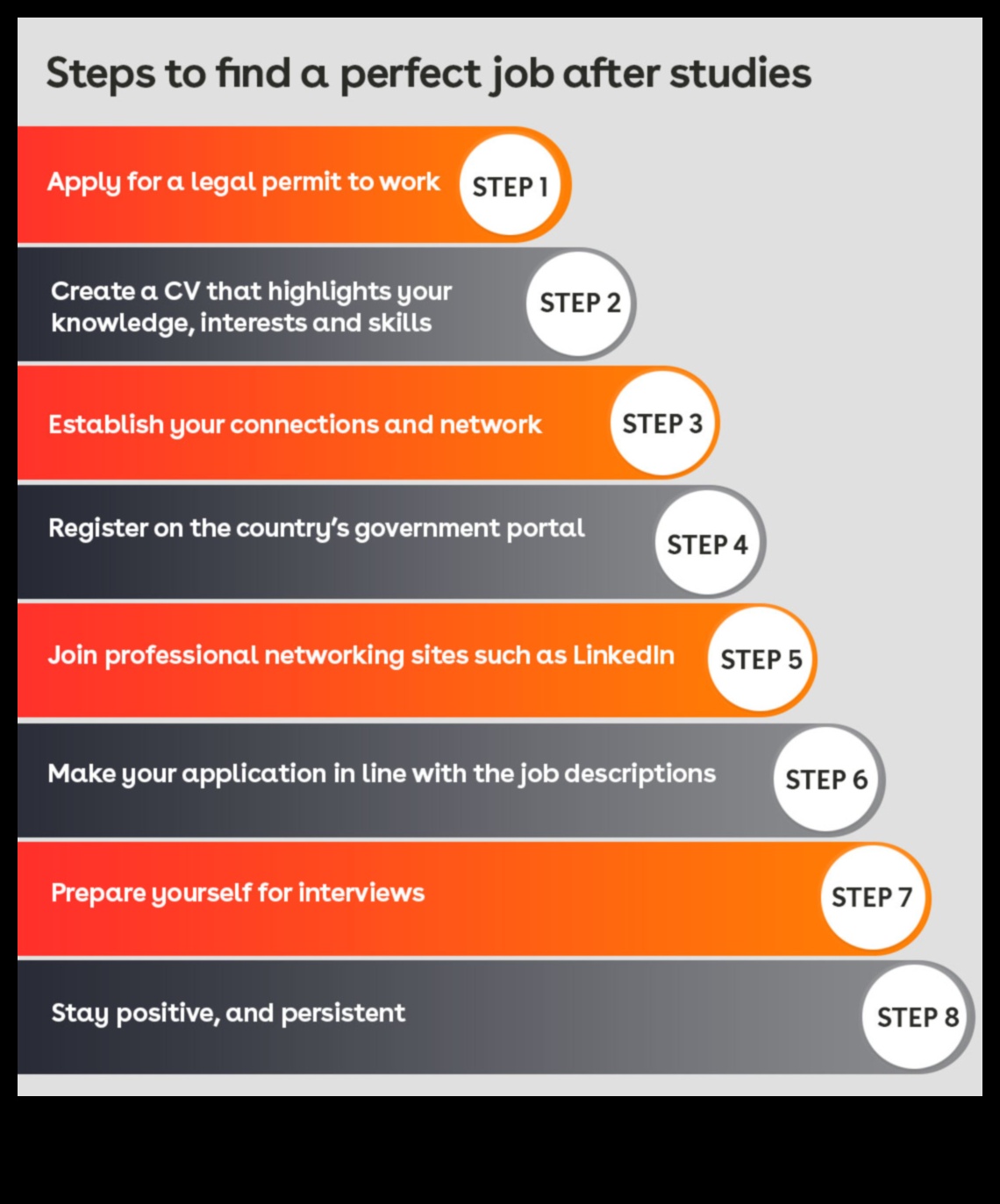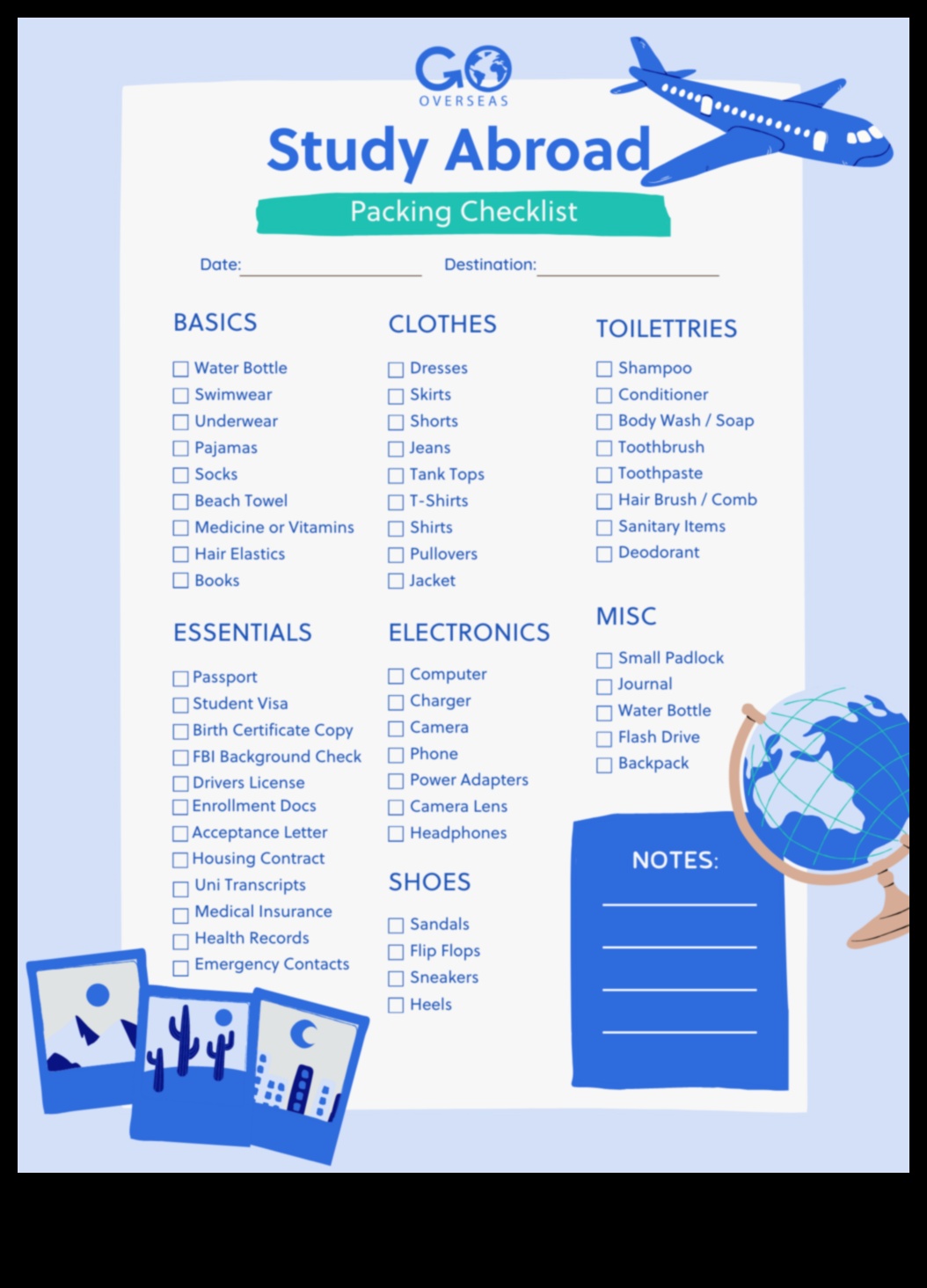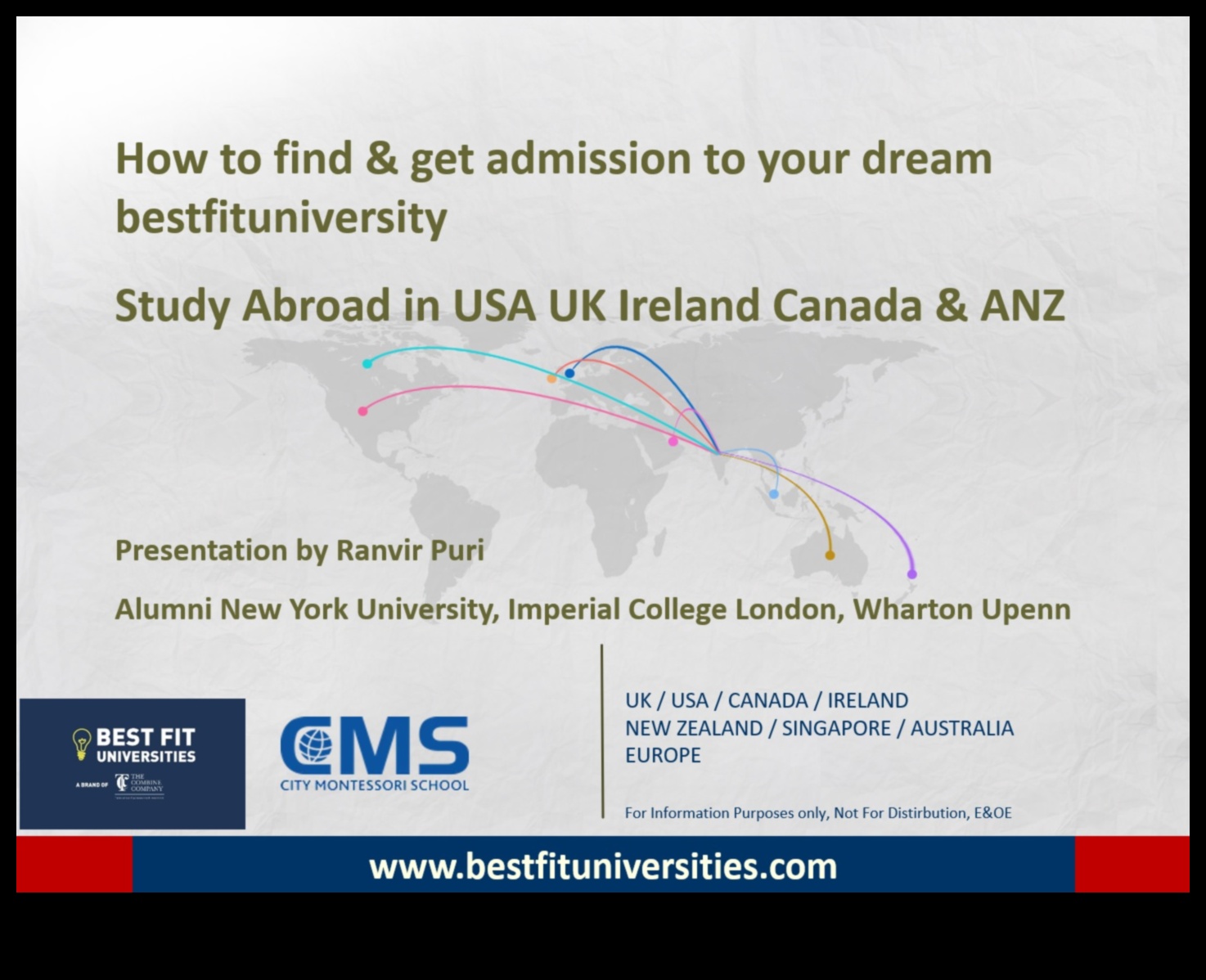
Can You Get a Job While Studying Abroad?
II. Benefits of studying abroad
III. How to find study abroad jobs
IV. The application process
V. Financial aid for study abroad jobs
VI. Work visa requirements
VII. Tax implications of working abroad
VIII. Cultural differences
IX. Safety tips for study abroad jobs
X. FAQ
| Topic | Answer |
|---|---|
| Study abroad jobs | Jobs that are available to students who are studying abroad. |
| Work abroad while studying | The process of finding and getting a job while studying abroad. |
| Internships abroad | Internships that are available to students who are studying abroad. |
| Find a job abroad while studying | Tips and resources for finding a job while studying abroad. |
| Study abroad employment | The benefits and challenges of working while studying abroad. |

II. Benefits of studying abroad
There are many benefits to studying abroad, including:
- Improved language skills
- Cultural immersion
- Increased global perspective
- Networking opportunities
- Academic enrichment
- Career advancement
For more information on the benefits of studying abroad, please visit the following resources:
III. How to find study abroad jobs
There are a few different ways to find study abroad jobs. Here are a few tips:
- Start your search early. The best study abroad jobs are often snapped up quickly, so it’s important to start your search early.
- Use a variety of resources. There are many different resources available to help you find study abroad jobs, including online job boards, university career centers, and government websites.
- Network with people in your field. Talk to your professors, classmates, and other professionals in your field to see if they know of any study abroad jobs that are available.
- Be flexible with your location and dates. The more flexible you are with your location and dates, the more likely you are to find a study abroad job that’s a good fit for you.
Once you’ve found a few study abroad jobs that you’re interested in, it’s time to start applying. Here are a few tips for writing a successful study abroad job application:
- Tailor your application to each job. Make sure that your application letter and resume are tailored to the specific job you’re applying for.
- Highlight your skills and experience. Be sure to highlight the skills and experience that you have that are relevant to the job you’re applying for.
- Proofread your application carefully. Make sure that your application letter and resume are free of errors.
If you follow these tips, you’ll be well on your way to finding a great study abroad job!

IV. The application process
The application process for study abroad jobs varies depending on the employer. However, there are some general steps that you can follow to increase your chances of getting a job.
1. Start early. The best time to start looking for study abroad jobs is at least six months before you plan to travel. This will give you plenty of time to research jobs, apply for positions, and interview with potential employers.
2. Research jobs. There are many different types of study abroad jobs available, so it’s important to do your research and find jobs that are a good fit for your skills and interests. You can find study abroad jobs by searching online job boards, contacting international employers directly, or talking to your academic advisor.
3. Write a strong resume and cover letter. Your resume and cover letter are two of the most important tools you have when applying for a study abroad job. Make sure that your resume is well-written and error-free, and that your cover letter is tailored to the specific job you are applying for.
4. Network with people in your field. Networking is a great way to learn about study abroad jobs and connect with potential employers. Attend industry events, meet with your professors and advisors, and reach out to friends and family who may know of job openings.
5. Interview well. Once you have landed an interview, it’s important to make a good impression. Dress professionally, be prepared to answer questions about your skills and experience, and be enthusiastic about the opportunity.
By following these steps, you can increase your chances of getting a study abroad job that is a good fit for your skills and interests.

V. Financial aid for study abroad jobs
There are a number of financial aid options available for students who want to work while studying abroad. These options include scholarships, grants, and loans.
Scholarships are awarded based on academic merit or other criteria, such as financial need. Grants are awarded based on financial need, and loans are borrowed money that must be repaid.
Some of the most popular financial aid options for study abroad jobs include:
- The Fulbright Program: The Fulbright Program offers scholarships to students who want to study or conduct research abroad.
- The Gilman Scholarship: The Gilman Scholarship provides grants to students from low-income backgrounds who want to study abroad.
- The Boren Scholarship: The Boren Scholarship provides scholarships to students who want to study in countries with critical language needs.
- The Critical Language Scholarship: The Critical Language Scholarship provides scholarships to students who want to study critical languages.
- The Benjamin A. Gilman International Scholarship: The Benjamin A. Gilman International Scholarship provides scholarships to students who want to study abroad.
In addition to these scholarships, there are a number of other financial aid options available for students who want to work while studying abroad. Students should contact their financial aid office to learn about all of the options that are available to them.

VI. Work visa requirements
In order to work abroad while studying, you will need to obtain a work visa. The requirements for obtaining a work visa vary depending on the country you are studying in. However, some general requirements include:
- Being a citizen of a country that has a reciprocal work visa agreement with the country you are studying in
- Having a valid passport
- Having a letter of acceptance from a university or college in the country you are studying in
- Having proof of financial support
- Having a clean criminal record
For more information on the specific work visa requirements for the country you are studying in, please contact the embassy or consulate of that country.
VII. Tax implications of working abroad
Working abroad can have a number of tax implications, depending on your country of residence and the country where you are working. It is important to understand these implications before you start working abroad, so that you can avoid any unexpected tax liabilities.
In general, you will be taxed on your worldwide income, regardless of where you earn it. However, there are a number of tax treaties between countries that can reduce or eliminate the amount of tax you owe. You should consult with a tax advisor to determine how these treaties will affect your tax liability.
In addition to your income tax, you may also have to pay social security taxes in the country where you are working. Social security taxes are used to fund government-sponsored retirement and disability programs. The amount of social security taxes you owe will depend on the country where you are working and your salary.
Finally, you may also have to pay other taxes, such as sales tax, property tax, and excise tax. The amount of these taxes will vary depending on the country where you are working.
It is important to understand the tax implications of working abroad before you start your job. By doing so, you can avoid any unexpected tax liabilities and ensure that you are compliant with the law.
Cultural differences
When you study abroad, you will be exposed to a new culture and way of life. This can be a challenging but also rewarding experience. It is important to be open-minded and respectful of other cultures. You may encounter people who have different beliefs and values than you, and it is important to be tolerant of these differences.
It is also important to be aware of your own cultural biases. You may find that you have certain assumptions about people from other cultures, and it is important to challenge these assumptions. By being open-minded and respectful of other cultures, you can learn a lot about yourself and the world around you.
Here are some tips for dealing with cultural differences while studying abroad:
- Be open-minded and respectful of other cultures.
- Be aware of your own cultural biases.
- Learn about the local culture.
- Be patient and understanding.
- Be willing to compromise.
- Seek out opportunities to learn about other cultures.
By following these tips, you can make the most of your study abroad experience and learn a lot about yourself and the world around you.
IX. Safety tips for study abroad jobs
When looking for a study abroad job, it is important to be aware of the safety risks involved. Here are some tips to help you stay safe while working abroad:
- Do your research before you apply for a job. Make sure the company is legitimate and has a good reputation.
- Meet with the employer in person before you accept the job. This will give you a chance to get to know them and ask any questions you have.
- Get a written contract that outlines your job duties, salary, and benefits.
- Be aware of your rights as a worker. Know your country’s labor laws and what to do if you are treated unfairly.
- Stay in touch with your family and friends back home. Let them know where you are and what you are doing.
- Trust your instincts. If something doesn’t feel right, don’t do it.
By following these tips, you can help protect yourself from potential safety risks while working abroad.
X. FAQ
Q: Can I get a job while studying abroad?
A: Yes, you can get a job while studying abroad. However, the process of finding a job while studying abroad can be different than finding a job in your home country.
Q: What types of jobs are available for students studying abroad?
A: There are a variety of jobs available for students studying abroad. Some of the most common types of jobs include internships, teaching assistantships, and research assistantships.
Q: How much money can I expect to earn while working abroad?
A: The amount of money you can expect to earn while working abroad will vary depending on the type of job you have, the country you are working in, and your experience level.